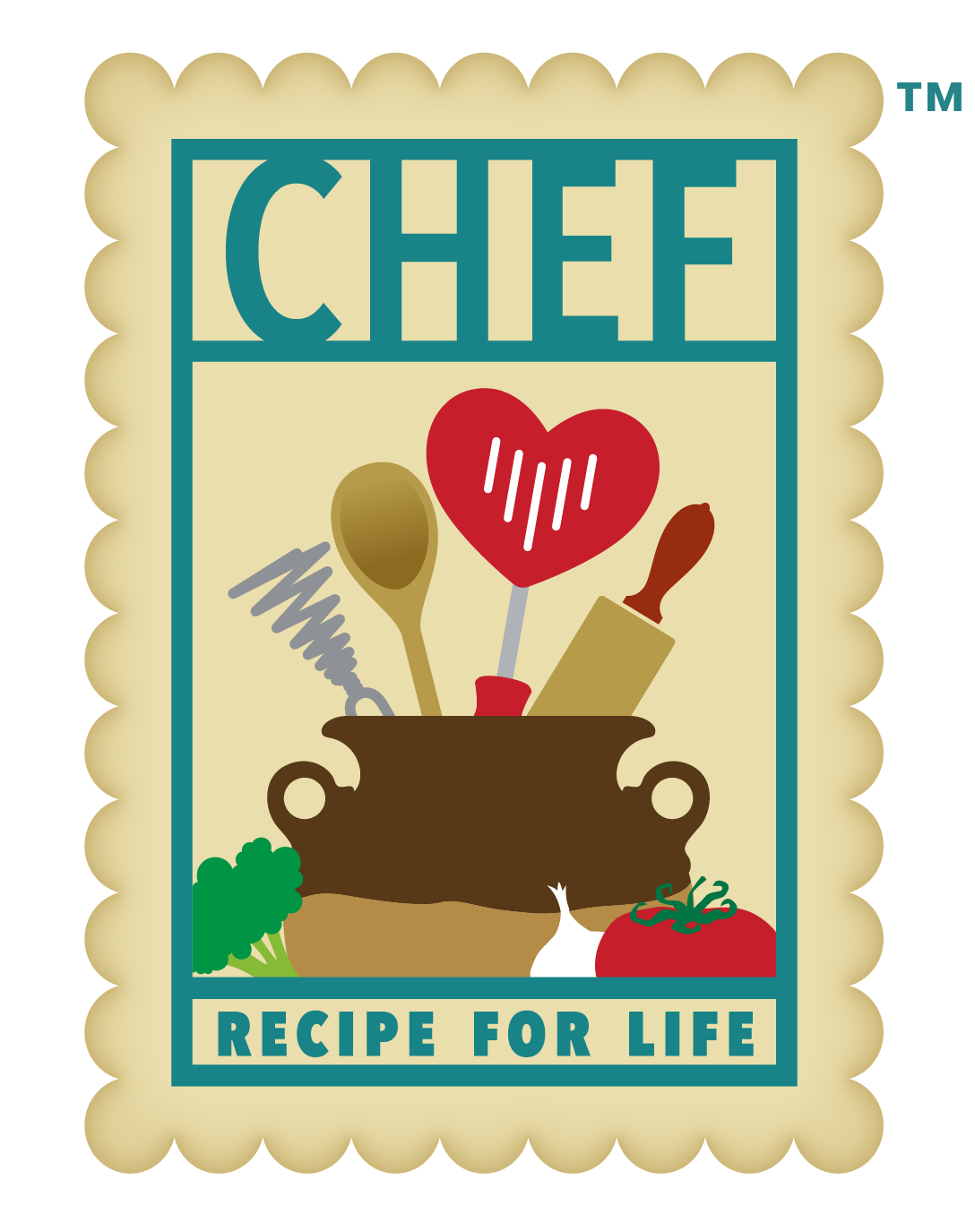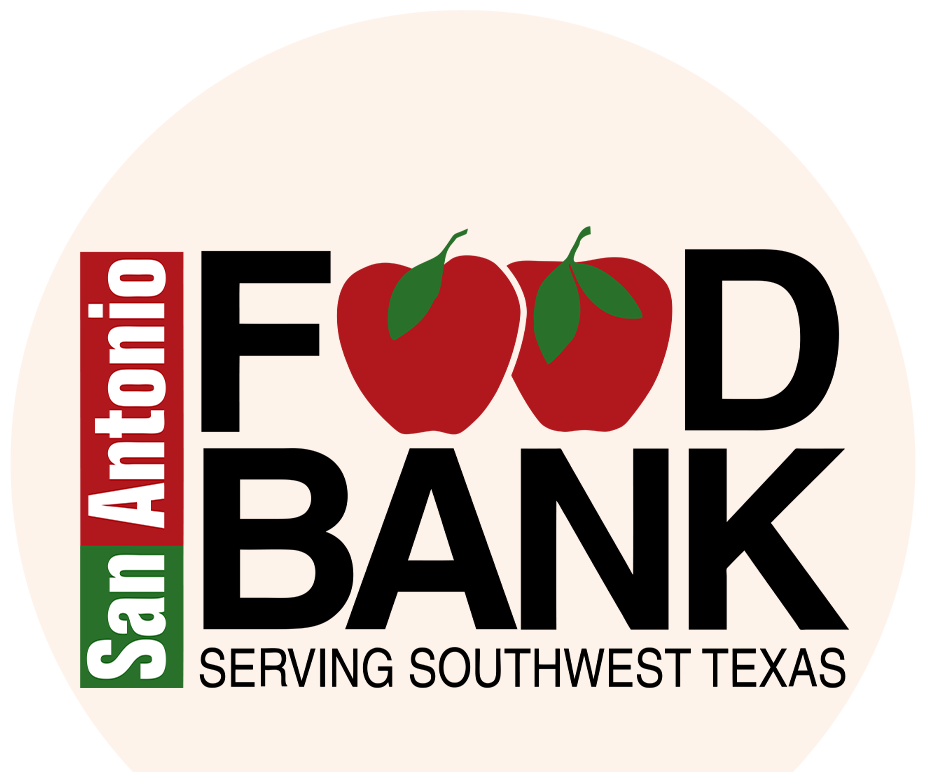Well-Child Care
12 Months Old or 1 Year
Happy Birthday! Your baby has officially reached one year old and is now considered a toddler. Take a moment to reflect on the past year and look at how far you and your baby have come! Your baby has almost tripled their birth weight and has now gained about 9 inches in length. They have gone through several growth spurts in this first year and have started to explore different flavors and textures. A few baby teeth may have even begun to come out over the last few months, making this shift to solid food a bit easier. This section’s Caregiver’s Corner will share helpful tips to build a well-rounded diet that encourages healthy habits to protect your baby’s oral health.
Developmental Milestones
- Social & Emotional: At one year old, your baby will start socializing with you by playing games like patty-cake or peek-a-boo.
- Language & Communication: Your baby will communicate with others by waving hello or goodbye and will call you “mama,” “dada,” or another unique name to identify you.
- Learning & Thinking: Their problem-solving skills will lead your baby to look for things you hide, like a toy under a blanket or a cup on a counter.
- Movement & Physical Development: Your baby will pull themself up to stand and try to walk by holding onto furniture.
Nutrition Needs
12 to 24 Month Old Portion Sizes
Now that your baby is 12 months old, their main source of nutrition can come from the food they eat. The average caloric intake for toddlers between 12 and 23 months is around 700 to 1,000 calories a day. The Dietary Guidelines for Americans offer general recommendations for how much of each food group your baby should eat throughout the day to meet their calorie needs.
-
- Fruits– 1 cup per day. 1 cup of fruit equals 1 cup of mashed or chopped fruit or about ten strawberries or grapes. For children under three years old, 100% fruit juices should be limited to 4 fluid ounces daily.
- Vegetables– 1 cup per day. 1 cup of vegetables equals 2 cups of raw leafy greens, 8 fluid ounces of 100% vegetable juice, or 1 cup of mashed or chopped vegetables.
- Grains – 2-3 ounces per day. 1 ounce of grains equals 1 slice of bread, 1 small tortilla, 5 crackers, ½ cup cooked rice or pasta, or 1 cup ready-to-eat cereals.
- Protein– 2 ounces per day. 1 ounce of protein food equals 1 egg, ¼ cup of cooked beans, or 1 ounce of cooked animal-based protein.
- Dairy– 2 cups each day. 1 cup of dairy equals 1 cup of fluid milk, 1 cup of yogurt, 2 string cheeses, or 3 dice-sized cheese cubes.
Introducing Dairy
The Dietary Guidelines for Americans recommend waiting until your baby is at least 12 months old before introducing cow milk. Introducing milk and other dairy products too soon can put your infant at risk of an upset stomach or intestinal bleeding in severe cases. Milk, yogurt, and cheese can be too harsh on an infant’s developing stomach, but when introduced at the right time, it can help meet your baby’s daily needs. Dairy products are rich in protein, fat, calcium, and vitamin D. Start by introducing whole milk from 12 to 24 months old before switching to reduced fat or skim milk. The fat in whole milk helps your baby absorb fat-soluble vitamins, like vitamins A, D, E, and K and has an added benefit in brain health and development. Do not offer more than two servings of whole milk, yogurt, or cheese daily. Too much dairy can lead to constipation and prevent other nutrients, like iron, from absorption. Remember that plant-based milk does not always have similar nutritional value to cow milk and should be used only if your health care provider advises. If you want to use plant-based milk, look for options fortified with Vitamin D and Calcium to meet your baby’s needs.
Transition to a "Big Kid" Cup
Toddlers between 12 and 18 months old are encouraged to transition from a baby bottle to a regular, open-mouthed cup. Using a baby bottle for over 12 months can cause your baby to fill up with liquids between meals and not be hungry when it comes time to eat. Toddlers who use a baby bottle longer than 12 months also have an increased risk of developing Baby Bottle Tooth Decay. Baby Bottle Tooth Decay is a disease where bacteria create holes in baby teeth because of extended exposure to sugar. Allowing your baby to go to sleep with a bottle or to sip on milk or other juices throughout the day is one of the leading causes of this disease. Instead, slowly limit milk bottles to mealtimes while offering plain, fluoridated water between meals and bedtime. Only use sippy cups while transitioning away from the bottle or when on the go. Don’t use sippy cups for too long since they can inhibit your baby’s development of fine motor skills needed to drink from a regular cup. This transition may take some time, so be patient and celebrate the little wins each day.


Family Engagement Activity
- Brush, Book, Bed is a program created by the American Academy of Pediatrics (AAP) with a simple message. You don’t have to wait until your baby has teeth to start caring about their oral health. Creating a nighttime routine with good oral hygiene can set your baby on the right path to creating this/her/her healthy habit.
- Download the handout to learn about creating a stress-less nighttime routine that protects your baby’s oral health.
Caregiver's Corner
Pediatric Dental Resident Jacob Tuft from CHRISTUS Children’s says the best thing you can do for your child’s oral health is to establish a “dental home.” Building a relationship with your local pediatric dentist, who can observe your baby’s teeth as they grow and offer guidance on how to best care for your child’s teeth, is crucial in establishing a dental home for your baby. Their dental home would be the first place to turn to if your child were ever to experience tooth trauma. Dental problems can occur early in a child’s life, so knowing where to turn is essential. Here are a few extra tips from Dr. Tuft as you consider your baby’s oral health.
-
-
- Before the teeth erupt or come in, clean gums with a moist cloth to prevent bacteria buildup after each feeding and before bed.
- Teeth can start to erupt around six months old. Be sure to schedule your baby’s first dentist appointment within six months of their first tooth arriving.
- Once the teeth have arrived, brush twice daily using a smear of fluoride toothpaste about the size of a grain of rice.
-
Toothpaste or a cleansing cloth should be the last thing that touches your baby’s mouth before going to sleep.





